ATLANTA, GEORGIA – JANUARY 08: Detavio Samuels, CEO of REVOLT, attends a screening of “One of Them Days” at Regal Atlantic Station on January 08, 2025, in Atlanta, Georgia. (Photo by Paras Griffin/Getty Images for Sony)
In the ever-evolving landscape of media, the role of Black-owned brands is not just significant; it’s critical. Recently, representatives from the forefront of Black-owned media sat down to discuss their vision for the future and address the challenges they face in the industry. Detavio Samuels, CEO of Revolt, alongside influential leaders Roland Martin of the Black Star Network and Robert Johnson, the founder of BET, shared invaluable insights on the current state of Black-owned media as part of a candid conversation about the identity and direction of these organizations in today’s media ecosystem.
As Black-owned media outlets increasingly embrace digital platforms, they are redefining how stories are told and shared. “What we would say is that for Revolt specifically, the DJ might be Black, the music might be Black, but everybody’s invited to the party,” Samuels asserts, emphasizing the inclusive nature of their content distribution strategy. The integration of hip-hop culture with mainstream narratives exemplifies their commitment to accessibility while retaining authentic Black voices.
However, the journey isn’t without obstacles. Martin highlighted that “Black-owned media has been unable to sufficiently grow because there is economic apartheid being practiced by ad agencies and many media companies,” pointing to systemic barriers that impact visibility and funding. This refrain underscores the urgency for advertisers to recognize the value of Black audiences without merely relegating them to niche markets.
Johnson, with his wealth of experience from launching BET, reflected on the opportunities that arise from embracing inclusive streaming models, underscoring the lucrative potential of appealing to diverse audiences. “In the digital world, it’s trying to build content and an attractive streaming platform to appeal to audiences of all races and colors,” he noted, showcasing the strategic pivots necessary in the industry today.
At the heart of this discussion is the recognition that the landscape is rapidly changing. Platforms like Revolt are reshaping the dialogue around love, culture, and community engagement through digital innovation. Martin’s success with the Black Star Network, which has grown substantially since its inception, reinforces the concept that the Black audience deserves tailored content that resonates deeply while challenging mainstream narratives.
As we reflect on this conversation, it becomes clear that the growth of Black-owned media isn’t just an industry challenge but a societal imperative. Their ability to thrive results from a unique blend of creativity, resilience, and entrepreneurial spirit, which can inspire budding Black entrepreneurs to break through barriers and redefine their own narratives.
As the media landscape continues to evolve, the trailblazers within it—like Samuels, Martin, and Johnson—remain committed to fostering spaces where Black stories and voices can be amplified. Their experiences and insights serve as a roadmap for future generations seeking to make impactful contributions to the world of media and beyond.
This ongoing dialogue is essential not just for Black-owned businesses but for the entire society as it navigates the complexities of race and representation in media today. The future of Black-owned media is not merely an industry concern; it’s a clarion call for change and equity in how narratives are shaped and shared.
